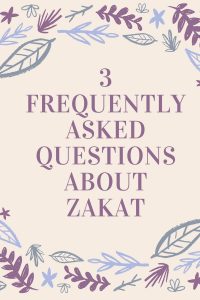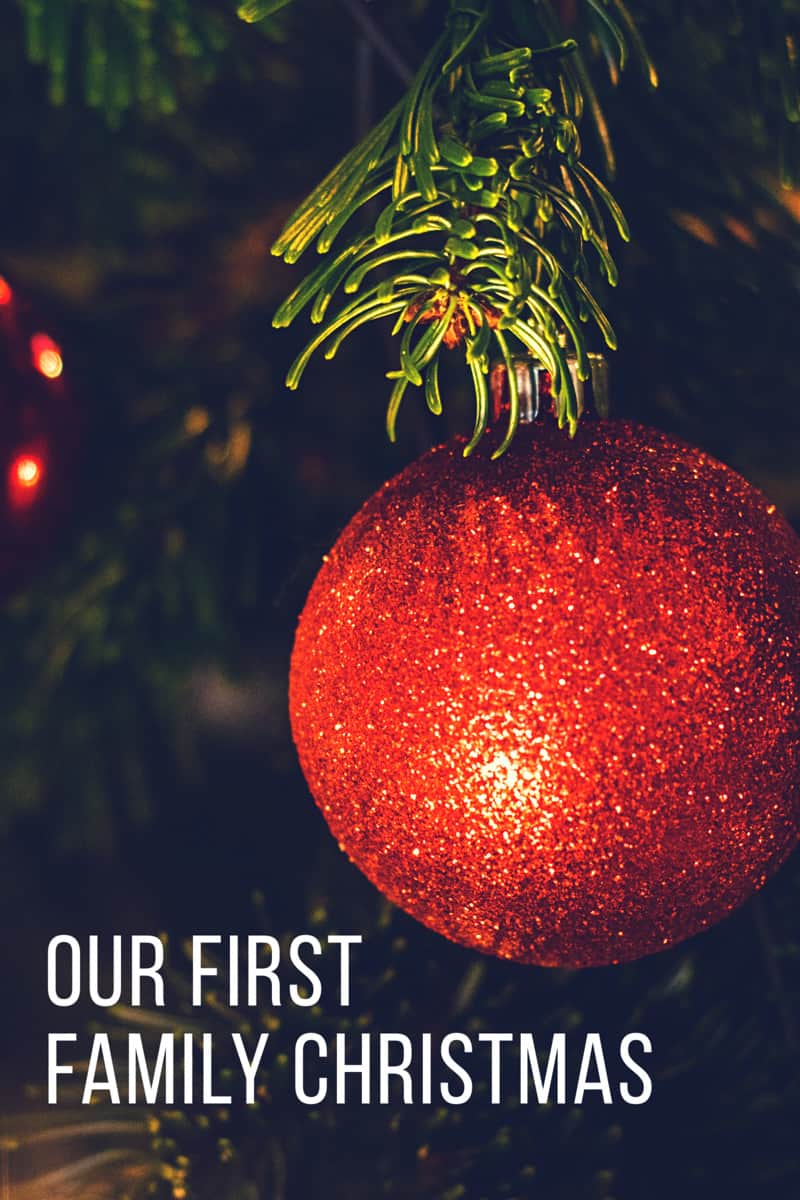3 frequently asked questions about Zakat
This is a sponsored post raising awareness and understanding of Zakat.
Do you know a bit about Zakat but aren’t quite sure of all the details? Or have you never heard of the practice before? Whether you’re completely new to the concept or you just want to brush up on your knowledge, the following Q&A should fill in at least some of the blanks.

1. What is it?
Zakat is an act of worship for Muslims that involves giving a certain percentage of their wealth to help good causes. As the charity Human Appeal states on its website, Zakat is considered to be a religious duty for Muslims that helps to cleanse impurities and ensure excess wealth and resources are distributed among people in need.
People give approximately 2.5 per cent of their wealth at the end of each lunar year to meet their obligations under this practice.
2. Who pays it?
Muslims who get to the age of puberty, are of sound mind and who reach a defined minimum level of wealth are required to pay Zakat. The base level of wealth is called the Nisab and traditionally, it’s the equivalent of approximately 87 grams of gold or 612 grams of silver. Either of these values can be used, but because the Nisab for silver is now a lot lower than for gold, experts generally advise that people use this value. As of last summer, the Nisab for silver was around £235.
3. What is it paid on?
Zakat should be paid on a range of assets, including money in bank accounts, stocks and shares, precious metals (including ornaments and jewellery), business stock, investment properties, pensions and even money lent to other people. To calculate how much Zakat to pay, simply add up the value of these ;

